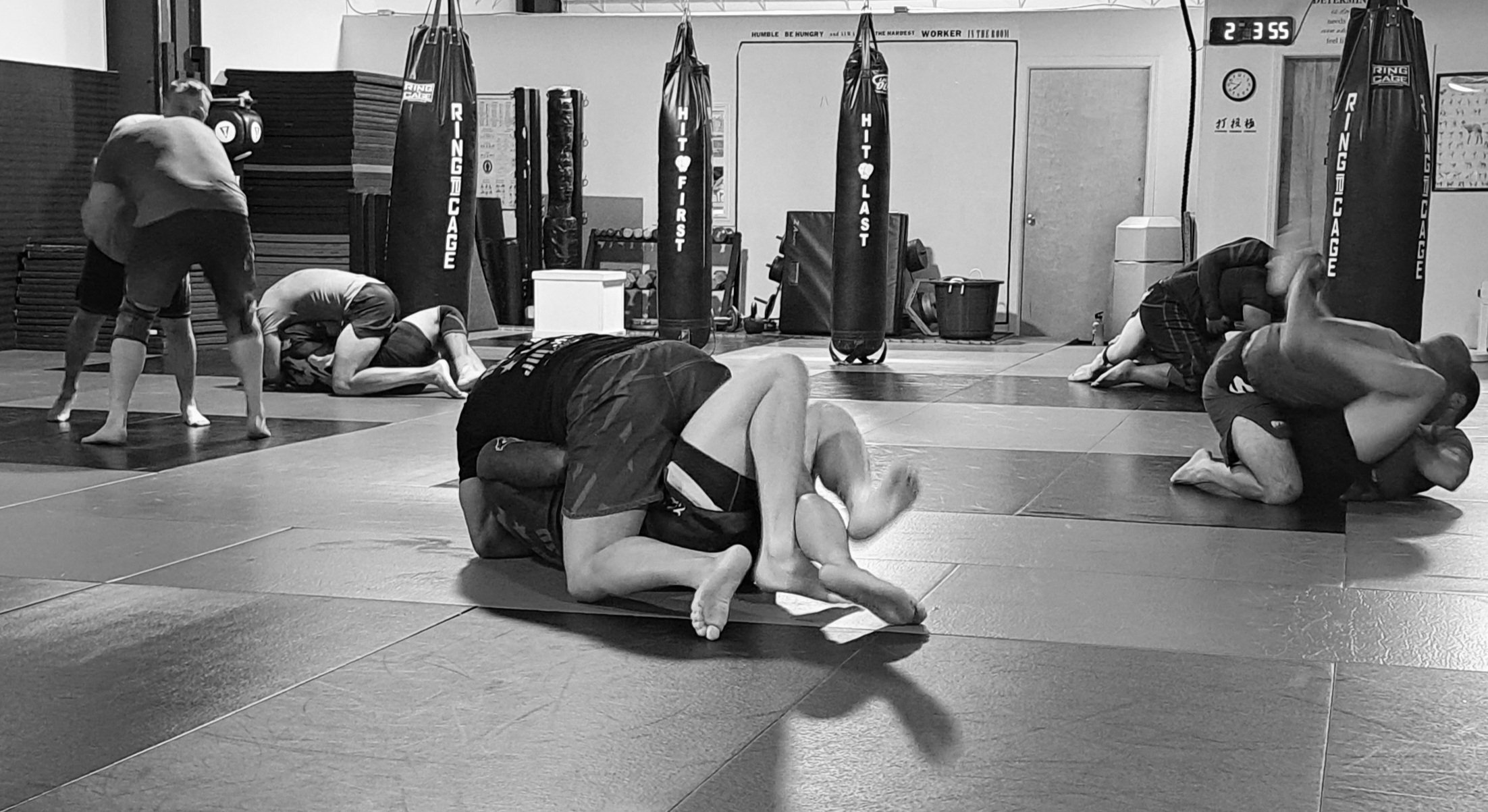HERE’S HOW BRAZILIAN JIU JITSU IMPROVES FLEXIBILITY - TENNESSEE BJJ ACADEMY MURFREESBORO & ASURA COMBAT SPORTS - BRAZILIAN JIU JITSU MURFREESBORO, TN
Brazilian Jiu Jitsu (BJJ) can significantly enhance flexibility through dynamic movements and positional drills. The nature of BJJ involves a wide range of techniques, such as guards, sweeps, and submissions, which require practitioners to utilize various muscle groups and joints in ways that promote increased flexibility.
Movement Patterns: BJJ involves a lot of ground movement, including transitioning between positions and rolling. These movements often require deep stretches and full range of motion in hips, shoulders, and spine, which helps improve overall flexibility.
Active Stretching: Many techniques in BJJ incorporate active stretching. When practicing moves like the triangle choke or armbar, athletes engage in positions that stretch muscles dynamically rather than statically, leading to greater flexibility over time.
Consistent Training: Regular practice leads to gradual adaptation of the muscles and connective tissues. Training multiple times a week exposes the body to repeated movements that foster flexibility improvements as muscles learn to stretch and lengthen in response to the demands of the sport.
Targeted Focus: BJJ training often includes specific drills that are designed to enhance flexibility. For instance, warm-ups may involve hip openers and shoulder mobility exercises that directly target common areas of tightness.
Partner Drills: Grappling with a partner introduces a level of resistance that encourages deeper stretches. During sparring, practitioners often find themselves in positions that require greater flexibility, promoting adaptation and increased range of motion.
Overall, integrating BJJ into your routine not only develops grappling skills but also provides a holistic approach to fitness that enhances flexibility, mobility, and overall physical performance.

